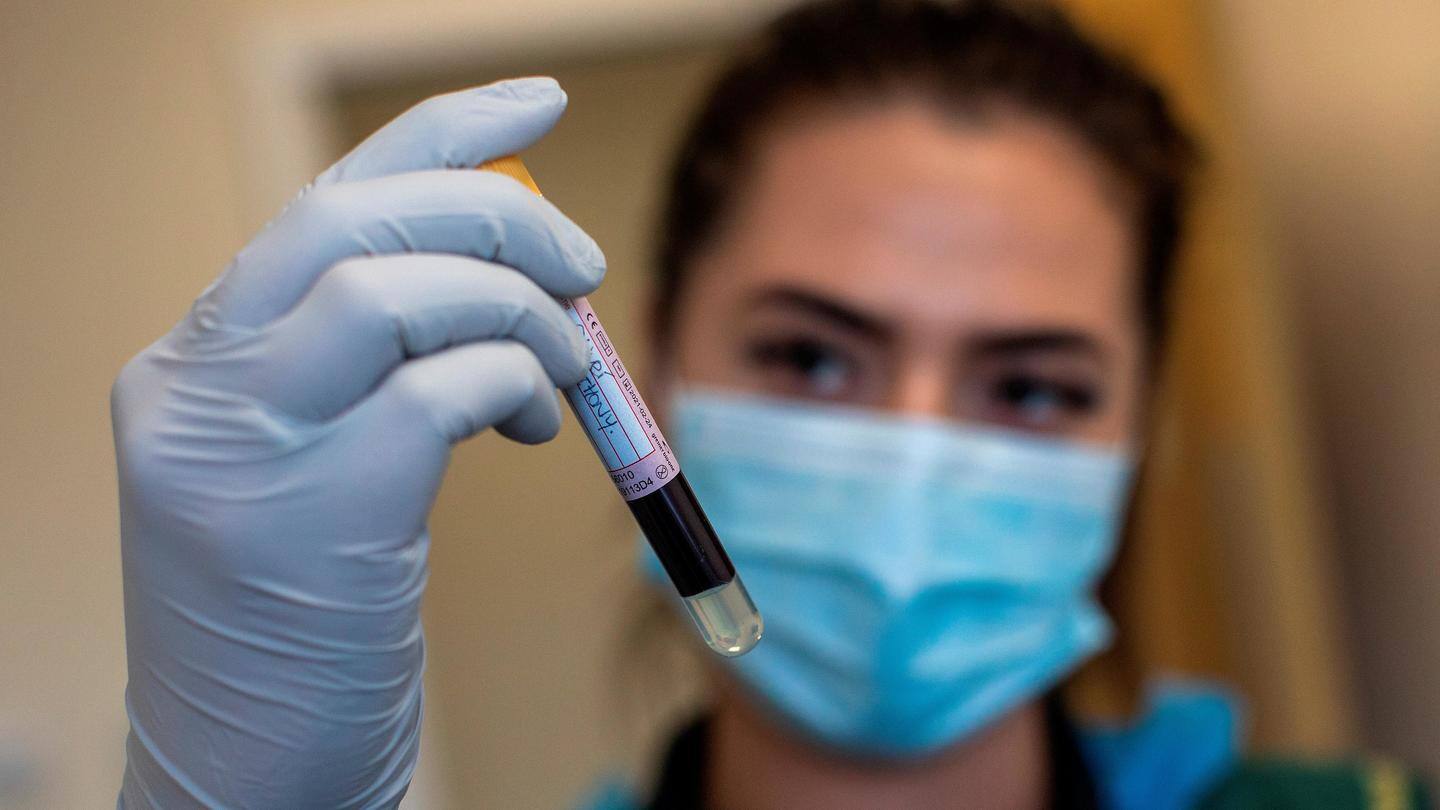
Delhi to start serological survey for COVID-19 today: Details here
What's the story
Health officials in Delhi are set to begin a serological survey to determine the spread of COVID-19 in the national capital and how many people might be immune to the disease.
The effort, announced by the Ministry of Home Affairs earlier this week, comes as part of the new strategy to contain the surging number of cases in the capital.
Here's all about it.
Test
When, where this survey will be conducted?
Teams from the National Center for Disease Control, which operates under the Ministry of Health and Family Welfare, and the Delhi government will conduct the survey between today, June 27, and July 10.
They will target all 11 districts of Delhi and focus on testing as many as 20,000 individuals, including those below 18, on a random basis.
Procedure
What will happen in these tests?
As part of the survey, 5 milliliters of blood will be collected from the subjects and put into a serological kit.
It will separate the blood and plasma and then use the latter to detect antibodies developed to fight off COVID-19 in the body.
Ultimately, the work will show who may have gotten infected from the virus in the past and has now recovered.
Benefit
How it will be useful?
Antibodies are the proteins that the human immune system produces to fight off dangerous viruses like the novel coronavirus.
Therefore, by using these tests and detecting the presence of antibodies, the government could better map and surveil the proportion of the population that contracted the virus and recovered from it later (becoming immune) while probably infecting others in the process.
Benefit #2
More important questions could also be answered
With the serological antibody survey, the government will also identify front-line workers who are more immune to COVID-19 and can work safely around critical cases and in other public environments.
Plus, it will find out donors for plasma therapy and also answer bigger questions like how many possibly infected people died as well as how long the immune response lasts in recovered patients.
ICMR's survey
ICMR conducted a pilot survey in May
Prior to this, ICMR had also conducted a pilot survey across 83 districts of 21 states.
That test found that 0.73% of the general population, 1.09% in urban areas, has been infected by COVID-19 in the past.
"Depending upon the level of seroprevalence of infection, appropriate public health interventions can be planned and implemented for prevention and control," an ICMR official had said earlier.